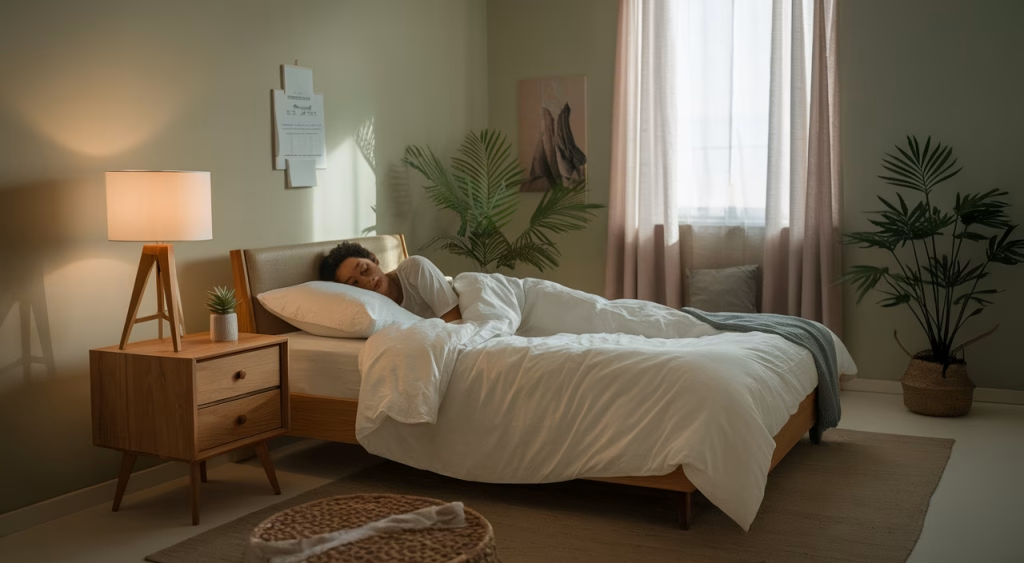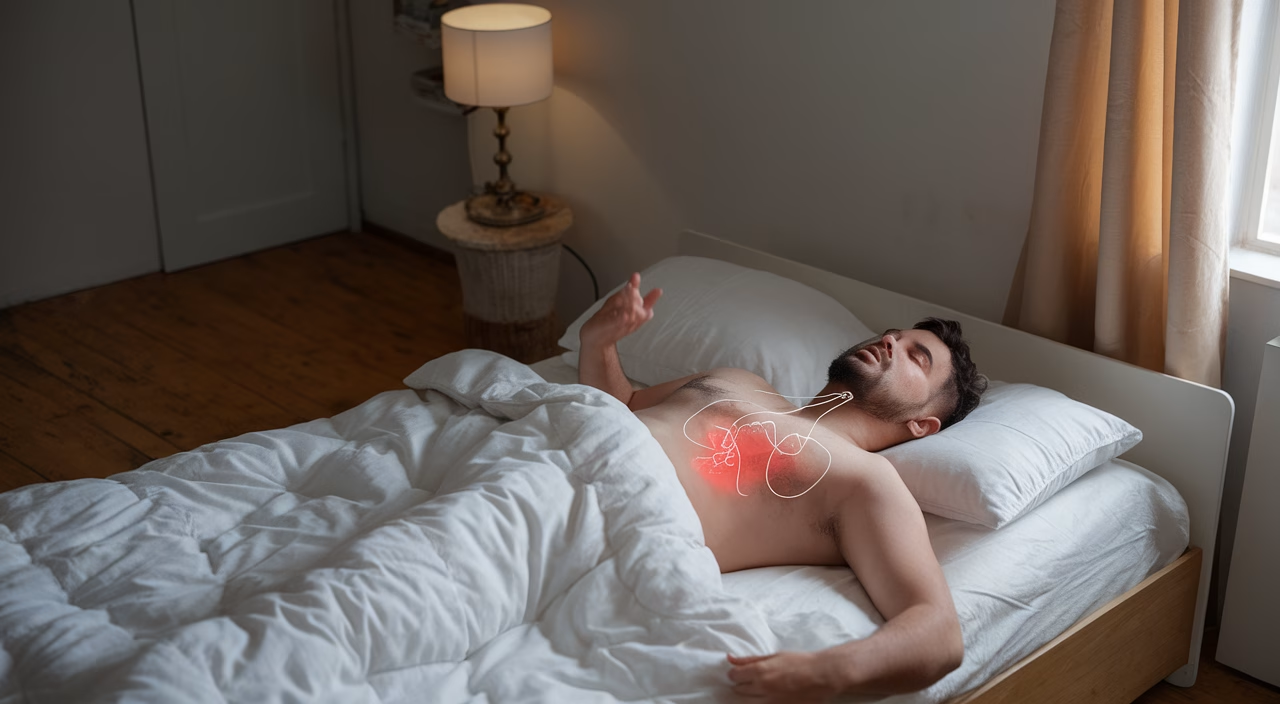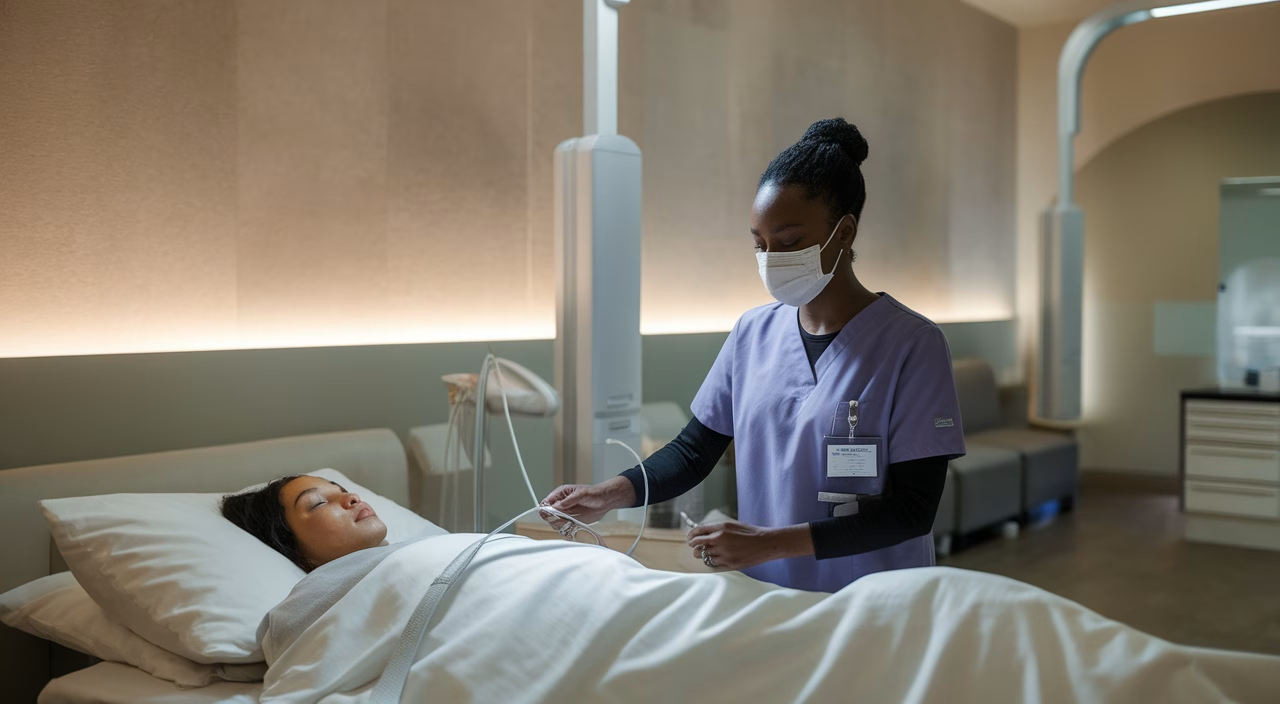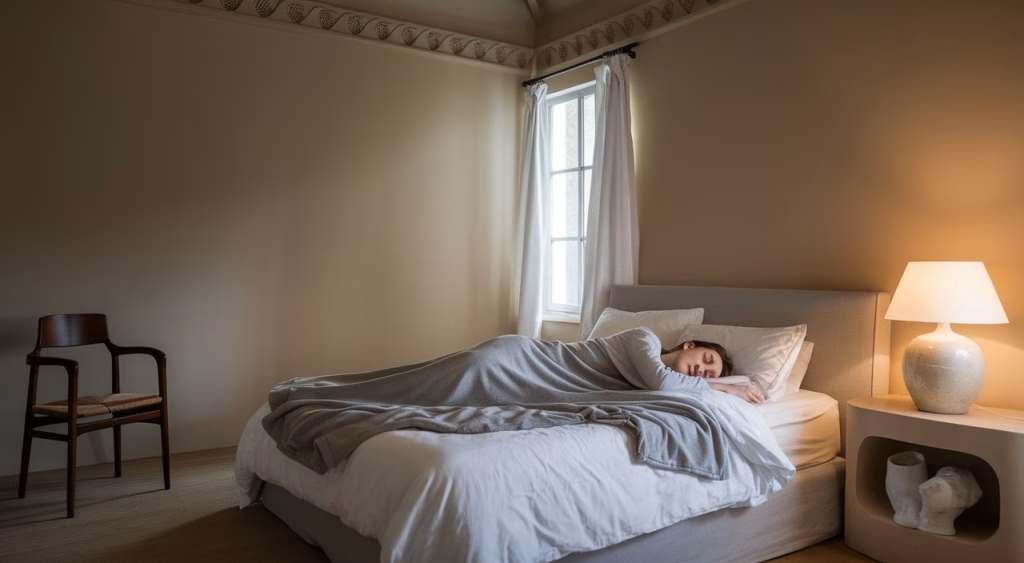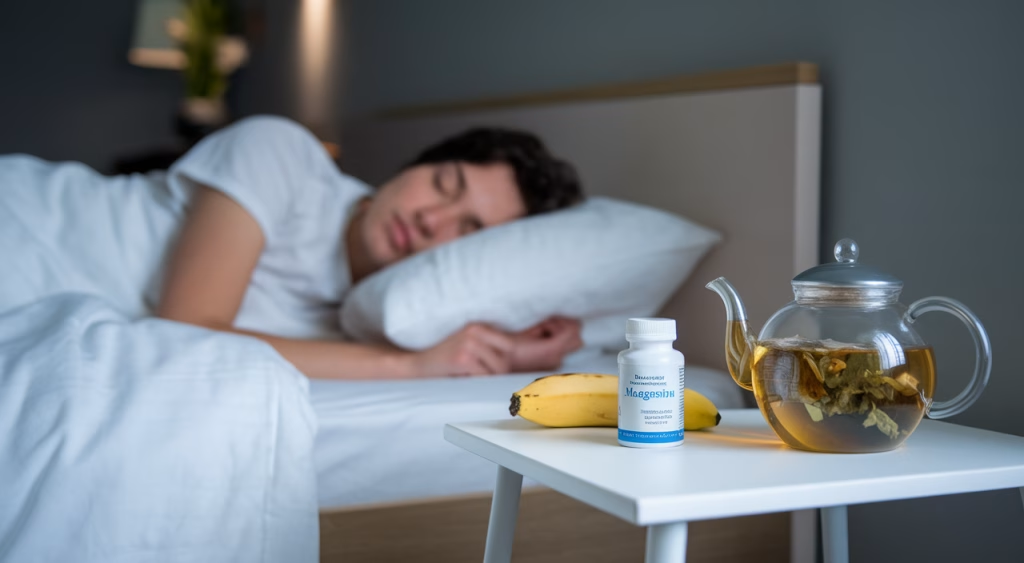How can I stop snoring naturally and sleep peacefully again?
Learning how to stop snoring naturally requires treating it like any complex mystery — you must understand what’s causing it, then choose the right tools to fix it. Fortunately, natural snoring remedies like adjusting your sleep position, improving sleep hygiene, losing weight, or using herbal snoring remedies can make a dramatic difference without surgery or complicated devices.
TL;DR: Summary
- Root Causes: Snoring often stems from obstructed airflow during sleep due to anatomy, weight, alcohol intake, or sleep position.
- Natural Fixes Work: You can stop snoring naturally through lifestyle changes, diet, herbal remedies, and sleep positioning.
- Risk of Ignoring It: Untreated chronic snoring may indicate health risks like sleep apnea, heart disease, or cognitive decline.
- Medical Help Is There: Sleep specialists offer diagnostics and treatments if natural methods don’t help.
- Diagnostic Tools: A sleep study can help with accurate snoring diagnosis and tailored treatment options.
How Snoring Affects Your Health
Understanding the Causes of Snoring
Ever wondered why some nights you sound like a lawn mower running on low fuel? Snoring may seem harmless, but it’s often a symptom of something deeper. At its core, snoring is caused by turbulent airflow. When your airway is partially blocked—perhaps due to relaxed throat muscles, a deviated septum, nasal congestion, or being overweight—it creates vibrations that produce that familiar snoring noise.
Factors that commonly trigger or worsen snoring include:
- Sleeping on your back
- Alcohol or sedative use before bedtime
- Chronic nasal congestion
- Being overweight or having excess neck tissue
- Sleep deprivation or poor sleep posture
Understanding what’s behind your snoring is the first step toward finding the right solution.
Health Risks Associated with Chronic Snoring
While occasional snoring may just be a nuisance to your partner, nightly snoring can hint at broader health problems. Chronic snoring is often linked to obstructive sleep apnea (OSA), a sleep disorder where breathing stops and restarts repeatedly. This can lead to oxygen deprivation, fragmented sleep, and increased risk of:
- High blood pressure
- Heart disease, including stroke and arrhythmias
- Cognitive issues like memory lapses and poor concentration
- Daytime fatigue, mood swings, or depression
This isn’t just about sleep quality — it’s about your long-term health and well-being.
Natural Remedies to Stop Snoring
Lifestyle Changes for Better Sleep
Often, the simplest changes make the biggest difference when you’re learning how to stop snoring naturally. Here’s how tweaking your day-to-day habits can help you achieve snoring prevention:
- Lose excess weight: Just a 10-15 pound loss may significantly open your airway.
- Exercise regularly: Physical activity tones muscles, including those in your throat and tongue.
- Limit alcohol and sedatives: These relax throat muscles, making blockage more likely.
- Stick to a sleep schedule: Being overtired intensifies snoring.
In practice, people notice results within a few weeks of consistency. It’s worth treating your nights with the same discipline as your workouts.
Herbal and Homeopathic Solutions
Nature offers effective snoring remedies that can bring quiet to your nights. Certain herbs and essential oils have been used for centuries to reduce inflammation, clear nasal passages, and soothe airways. Here are proven herbal snoring remedies:
- Peppermint oil: Reduces swelling in nasal membranes.
- Eucalyptus steam inhalation: Clears congestion effectively.
- Fenugreek and spearmint tea: Promote digestion and reduce mucus.
- Vitamin C–rich fruits: Help strengthen the immune system and sinuses.
While scientific research is limited on some, many users report improved breathing and quieter nights from these natural aids.
Sleep Positioning Techniques
How you snooze matters when learning how to stop snoring naturally. Sleeping on your back invites your tongue to fall backward into your throat, obstructing airflow. Try these snoring prevention techniques instead:
- Side sleeping: Use a body pillow to stay propped on your side.
- Tennis ball trick: Sew one into the back of your pajamas to prevent rolling onto your back.
- Head elevation: Use a thicker pillow or elevate your bed to reduce nasal airflow resistance.
Think of snoring as a stream—restrict the streambed (your airway), the water gurgles. Open it up, and it flows silently.
Medical Treatments for Snoring
Surgical Options and Procedures
For some, structural issues make natural methods less effective. Surgical snoring treatment options may be necessary when deviations in nasal structure or enlarged tissues block airway functionality. Common procedures include:
- Uvulopalatopharyngoplasty (UPPP): Removes excess tissue in the throat
- Septoplasty: Corrects deviated septums to improve airflow
- Tonsillectomy: Enlarged tonsils may cause airway resistance
While surgery typically brings significant improvement, it’s often considered after exhausting less invasive snoring remedies.
Oral Appliances and Devices
Can’t stop snoring naturally and not ready for surgery? Oral appliances for snoring may be your middle ground. These snoring treatment options are designed to keep airways open and include:
- Mandibular advancement devices (MADs): Move the jaw slightly forward
- Tongue retaining devices (TRDs): Hold the tongue in place to prevent blockage
These are comfortable, discreet, and often custom-fitted. Many users report dramatic results even in the first week of using oral appliances for snoring.
Seeking Professional Help for Persistent Snoring
When to Consult a Sleep Specialist
If you’ve tried natural snoring remedies and snoring prevention tips to no avail — it’s time to bring in a sleep specialist for proper snoring diagnosis. Key red flags signaling it’s time for professional help include:
- Loud snoring that disrupts your or your partner’s sleep
- Observed pauses in breathing during the night
- Morning headaches or chronic fatigue
- Difficulty staying asleep or concentrating during the day
A sleep specialist can conduct a formal snoring diagnosis and suggest tailored snoring treatment options. Ignoring these signs may put your heart and brain at risk.
Tips for a Successful Sleep Study
Getting a sleep study may feel a bit intimidating, but it’s one of the most effective tools for snoring diagnosis and detecting conditions like obstructive sleep apnea. Here’s how to prepare:
- Stick to your regular bedtime routine
- Avoid caffeine or alcohol the night before
- Inform the sleep technician of any medications or health concerns
The study will measure your brain waves, oxygen levels, heart rate, and breathing patterns during sleep. You’ll receive a comprehensive report that points the way to better rest and appropriate snoring treatment options.
Cost Guide: Natural and Medical Snoring Treatment Options
| Treatment Option | Low-End Estimate | Mid-Range Estimate | High-End Estimate |
|---|---|---|---|
| Lifestyle Modifications | $0 | $50 | $200 |
| Herbal Remedies | $10 | $30 | $100 |
| Sleep Study | $300 | $800 | $2,000+ |
| Oral Appliances | $200 | $800 | $2,000 |
| Surgical Interventions | $1,500 | $4,000 | $10,000+ |
Conclusion: Silencing Snoring for Good
Snoring doesn’t just impact your sleep — it affects how you show up for life. The good news? You have multiple snoring treatment options available. Whether it’s learning how to stop snoring naturally through smart nighttime habits, exploring herbal snoring remedies, or consulting a professional for snoring diagnosis, there’s a path forward.
By choosing to take your snoring seriously today and implementing these snoring prevention tips, you’re protecting both your sleep and your health tomorrow. Your quiet night’s sleep — and revitalized mornings — await.
Frequently Asked Questions
- What is the most effective snoring remedy?
- For many, weight loss combined with side sleeping and limiting alcohol offers the biggest improvement. Oral devices and positional therapy also help.
- Can snoring be cured permanently?
- Permanent relief depends on the cause. For anatomical issues, surgery may help. For others, consistent lifestyle changes can provide lasting effects.
- When should I see a doctor for snoring?
- If snoring is loud, persists nightly, or involves gasping or choking, consult a sleep specialist to rule out conditions like sleep apnea.
- Are herbal remedies for snoring safe?
- Most herbal remedies are safe but consult your healthcare professional, especially if you’re taking medications or have allergies.
- Do anti-snoring devices work?
- Yes, many oral appliances are clinically proven to reduce or eliminate snoring, especially for mild to moderate cases.
- Does sleeping on your side help with snoring?
- Absolutely. Side sleeping prevents the tongue and soft palate from collapsing into the throat, reducing sleep-disrupting vibrations.
- Is snoring always related to sleep apnea?
- No. Though many with sleep apnea snore, not all snorers have apnea. A sleep study can determine the difference.

